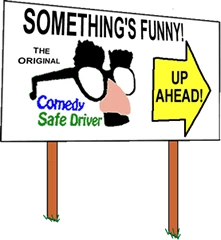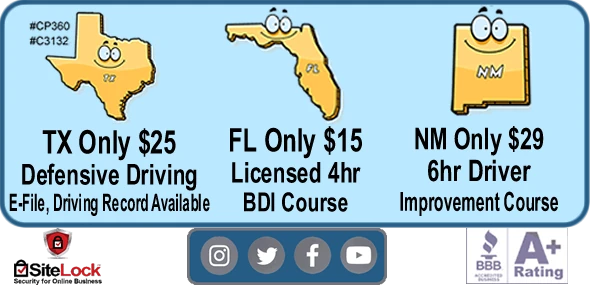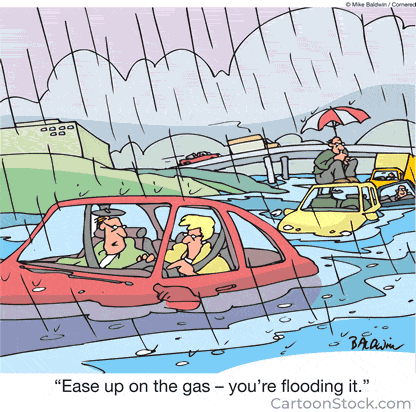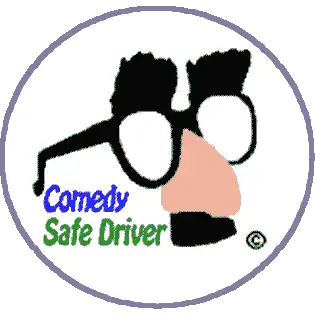EFFECTS OF ATTENTION AND DEFENSIVE DRIVING
The ability to divide attention between two or more sources of visual information is a basic requirement of safe driving. Drivers must perform two major tasks: (1) maintain their vehicles in the proper lane and direction (a tracking task), and (2) monitor the driving environment for vital information, such as vehicles, traffic signals, pedestrians, and other important events (a search and recognition task). Because these tasks must be performed concurrently, they require the division of attention.
If you think alcohol may have affected your ability to drive safely then DO NOT GET BEHIND THE WHEEL! Get a cab, get a friend to drive you home, or wait until the alcohol no longer affects your ability.
Attention and defensive driving are essential skills for safe and responsible driving. The benefits of paying attention to the road and being a defensive driver range from avoiding accidents to saving money on auto insurance.
Attention is key when behind the wheel. Focusing on the road and the vehicles around you, as well as obeying the rules of the road and traffic signals, can help keep you out of harm’s way. When drivers are not paying attention, even for a split second, it can lead to disastrous results. Inattention can lead to rear-end collisions, failing to yield, and other types of crashes.
Defensive driving is also an important skill for motorists. Defensive driving means being aware of your surroundings and making the right decisions that keep you and other drivers safe. This involves driving the speed limit, leaving sufficient distance between vehicles, and being aware of other drivers. Defensive driving can help you anticipate potential hazards in the road.
The effects of attention and defensive driving can be lifesaving. When drivers pay attention to the road and drive defensively, they are less likely to be involved in an accident. Furthermore, defensive driving can help you save money on your auto insurance premiums. Many insurance companies offer discounts to drivers who demonstrate attention and defensive driving skills.
In conclusion, attention and defensive driving are essential skills for safe and responsible driving. Paying attention to the road and being aware of the vehicles around you can help you avoid accidents. Furthermore, defensive driving can help you save money on auto insurance. So, the next time you get behind the wheel, make sure to pay attention and drive defensively.
Attention and it's Physiological Effects on Driving
Driving requires a great deal of attention and focus. Driving is a complex task that requires a person to assess a variety of stimuli and make decisions quickly and accurately. As such, it is important to understand the physiological effects of attention on driving. Attention is a physiological process that allows us to focus and direct our cognitive resources to a particular task or stimulus. It is the ability to select and process important information from the environment, while ignoring or disregarding other information. Attention is essential for driving, as it enables us to process the information in the environment and make decisions quickly. When attention is directed towards driving, it results in a number of beneficial physiological effects. For example, attention increases reaction time, allowing a driver to respond quickly to changing conditions. Attention also increases the accuracy of perception, allowing the driver to accurately identify objects and obstacles in the environment. Additionally, attention increases the ability to focus, allowing the driver to maintain a consistent level of concentration and focus on the task at hand. However, attention can also have negative physiological effects on driving. When attention is diverted, it can lead to a decrease in reaction time, making it difficult to respond quickly to changing conditions. Additionally, attention can lead to a decrease in accuracy, resulting in mistakes and incorrect decisions. Finally, attention can lead to fatigue, making it difficult to maintain focus and concentration over a long period of time. In conclusion, attention is an essential physiological process for driving. It enables us to process information quickly and accurately, allowing us to make correct decisions and respond to changing conditions. However, attention can also have detrimental effects, leading to fatigue, decreased accuracy, and slower reaction times. As such, it is important to maintain an appropriate level of attention when driving in order to ensure safety and avoid accidents.
















